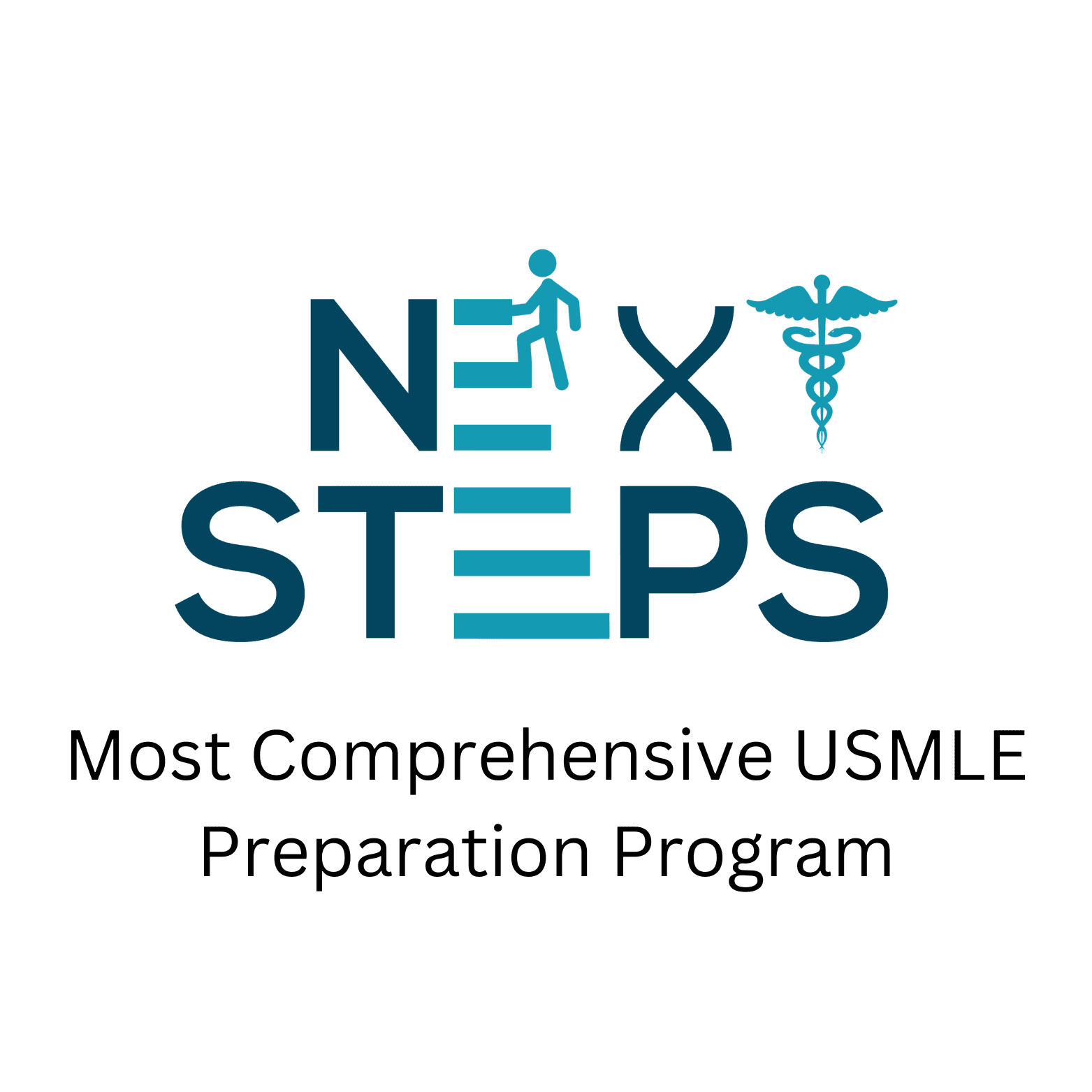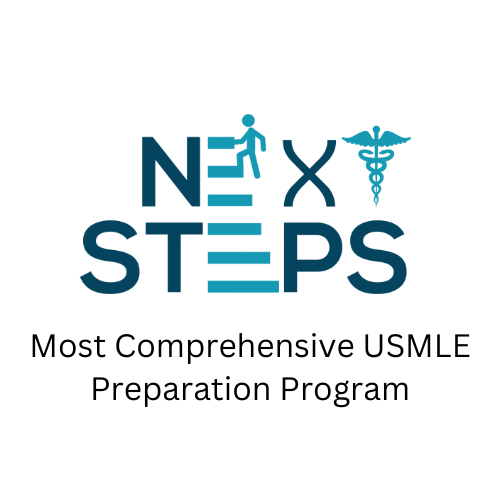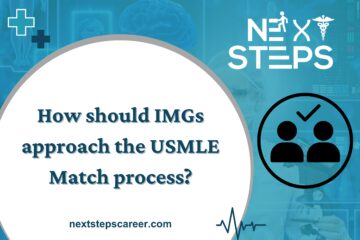Securing a residency spot in the USMLE match interview process is a significant milestone for any medical graduate. The residency interview is a critical component of this process, and understanding what program directors expect can make a substantial difference in your success. In this blog, we’ll explore the key attributes and preparation strategies that program directors look for in candidates during the USMLE match interview.
Demonstrated Clinical Competence
Program directors want to ensure that candidates possess the necessary clinical skills and medical knowledge to excel in their residency programs. During the interview, be prepared to discuss your clinical experiences, including specific cases, procedures, and outcomes. Highlight any unique experiences or rotations, and be ready to explain how they have prepared you for the challenges of residency.
Strong Communication Skills
Effective communication is crucial in the medical field. Program directors look for candidates who can articulate their thoughts clearly and interact professionally with patients and colleagues. During your interview, demonstrate your ability to listen actively, respond thoughtfully, and convey complex medical information in an understandable way.
Professionalism and Ethical Judgment
Residency programs seek candidates who exhibit professionalism and strong ethical judgment. This includes demonstrating respect, integrity, and accountability in all interactions. Be prepared to discuss scenarios where you had to make ethical decisions or navigate challenging professional situations. Program directors appreciate candidates who reflect on these experiences and demonstrate a commitment to ethical practice.
Teamwork and Collaboration
Residency requires working closely with a diverse team of healthcare professionals. Program directors look for evidence of your ability to collaborate effectively with others. Share examples from your clinical rotations or previous work where you successfully worked in a team setting. Highlight your role, the outcomes, and what you learned about teamwork and collaboration.
Adaptability and Resilience
The demanding nature of residency training requires adaptability and resilience. Program directors value candidates who can thrive under pressure and adapt to rapidly changing circumstances. Be prepared to discuss times when you faced significant challenges or setbacks and how you managed to overcome them. Demonstrating your ability to stay calm and focused in stressful situations is key.
Commitment to the Specialty
Program directors prefer candidates who are genuinely passionate about their chosen specialty. Show your enthusiasm and dedication by discussing why you chose this particular field, any relevant experiences, and your long-term career goals within the specialty. Engaging in specialty-specific research or volunteer work can also illustrate your commitment.
Research and Scholarly Activities
While not mandatory for all specialties, having research experience can be a valuable asset. Program directors often look for candidates who have engaged in scholarly activities, as this demonstrates a commitment to advancing medical knowledge. If you have participated in research, be ready to discuss your projects, findings, and any publications or presentations.
Preparation Strategies
-
- Know the Program: Research each residency program thoroughly. Understand their values, strengths, and any unique aspects of their training. Tailor your responses to align with the program’s goals and culture.
- Practice Common Questions: Practice answering common interview questions, such as “Tell me about yourself,” “Why did you choose this specialty?” and “Describe a challenging clinical experience.” Practicing with a mentor or through mock interviews can be especially beneficial.
- Reflect on Your Experiences: Take time to reflect on your clinical experiences, challenges, and achievements. Think about how these experiences have shaped you as a future resident and be prepared to discuss them in detail.
- Prepare Your Questions: Have a list of thoughtful questions to ask program directors and current residents. This shows your genuine interest in the program and helps you gather important information to make an informed decision.
- Professionalism Matters: Dress professionally, arrive on time, and exhibit a positive attitude throughout the interview process. Professionalism in your demeanor can leave a lasting impression.
Conclusion
Understanding what program directors expect in the USMLE match interview can significantly enhance your chances of success. By demonstrating clinical competence, strong communication skills, professionalism, teamwork, adaptability, and a genuine commitment to your chosen specialty, you can make a compelling case for why you would be an excellent fit for their residency program. With thorough preparation and reflection, you’ll be well-equipped to navigate the interview process and take a crucial step toward your medical career.





